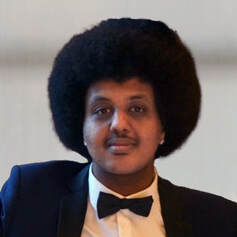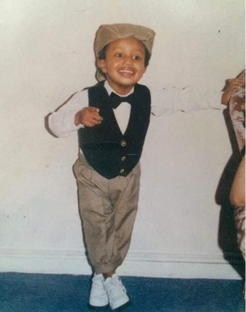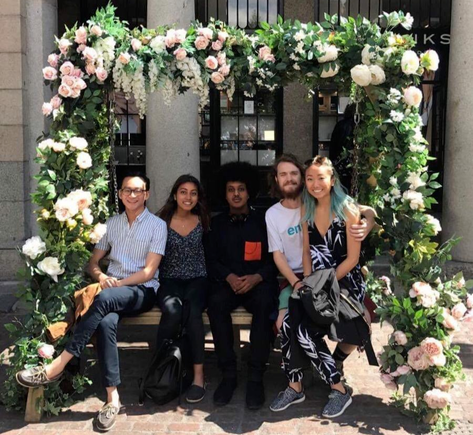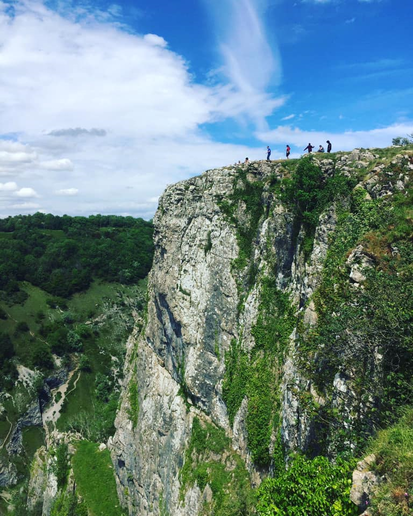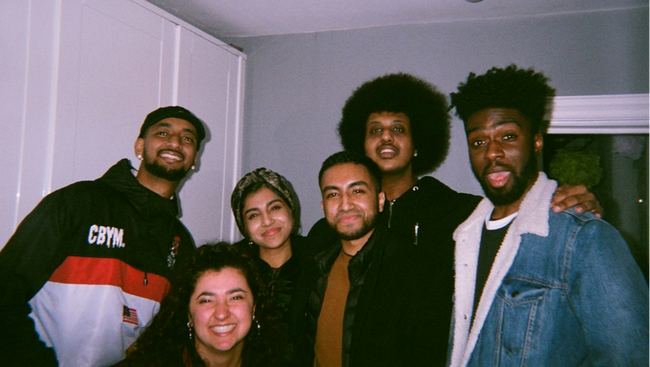- Home
- WHO WE ARE
-
WHAT WE DO
- Overview
-
In Singapore
>
-
Internationally
>
-
Global Health and Development
>
- Independent Childcare Provider Training Programme in Vietnam
- Strengthening the Child Development Nexus in the Phiilippines
- Bridging the Fortification Gap in the Philippines
- Program AKSELERASI
- Play Labs
- AVPN Healthcare Pooled Fund
- Regional Early Childhood Development Research
- Stunting Centre of Excellence
- The UBS Accelerate Collective
- Past Programmes Supported >
-
Climate Change Action
>
- DeiMeas (Golden Soil) Initiative
- Climate-Smart Rice Cultivation Initiative in Northern Vietnam
- Natural Climate Solutions Technical Assistance Facility
- Southeast Asia Framework for Ocean Action in Mitigation
- Landscape Monitoring Initiative
- Southeast Asia Climate Adaptation Research
- Garden To Forest Programme
- UBS Climate Collective
- The APC Climate Collective
- Past Programmes Supported >
- Scholarships >
-
Global Health and Development
>
- OUR IMPACT
- PUBLICATIONS & NEWSROOM
- Contact Us
Spreading light
Henok Gheotom
|
Henok Gheotom is the inaugural recipient of the Quantedge – Cambridge Refugee Masters Scholarship. Arriving in the United Kingdom with his family as refugees, Henok overcame the significant odds stacked against him and thrived academically, receiving a 1st Class degree in economics from the University of Bristol. From Oct 2020, he will be pursuing his Master of Philosophy (MPhil) in Economics and Finance at Cambridge.
In his spare time, Henok volunteers regularly as a mentor to other young people from similar backgrounds and hopes to continue paving the way to opportunities for others like him. |
Tell us more about your family's journey to the United Kingdom.I was born in Eritrea and I arrived in the UK in 1997 with my mother and my older sister to seek political asylum. My father had been arrested after speaking out against political injustice in the period after the Eritrean War of Independence. I was not even 2 years old then and do not remember much of that period. What I know about my culture I learned from my mother, who always made sure that we were still in touch with our Eritrean roots.
|
Why did you choose to study economics and what are your plans post-graduation?I find economics a very versatile subject that lends itself easily to applications across many different fields. You come out of the degree programme with a broad range of skill sets ranging from data analysis to problem-solving. An economics degree provides a good foundation for a wide range of different careers such as research, data science and finance.
At Cambridge, I intend to take advanced econometric modules, as this would equip me with skills to carry out more sophisticated empirical research, should I decide to pursue a PhD in the future. In terms of immediate plans post-graduation, I am currently leaning towards roles in economic consultancy or asset management, as these roles would enable me to regularly apply the range of theoretical insights from economics and finance that I have learnt to the real world. |
You have been volunteering with The Access Project (TAP) for close to a year now.TAP is a mentoring and personalised tuition programme that helps students from disadvantaged backgrounds enter top universities in the UK.
I had been a tutee back then and benefited greatly from my tutor’s help with economic concepts and my university applications. Given the significant impact the programme had on me, I decided to volunteer as a tutor so that I could pay it forward. I have been volunteering for close to a year now and look forward to continuing this throughout my studies in Cambridge. "Given the significant impact the programme had on me, I decided to volunteer as a tutor so that I could pay it forward. "
|
In your free time, you enjoy travelling and discovering new places. Tell us more.
|
Imagine yourself in 10 years. What do you hope will be different about you then compared to now?I definitely hope to be in a position where I have the resources to make the differences I wish to see now. Reflecting on my time in school, I observed that while talent is equally distributed, some lack resources to foster that intellectual curiosity. I want to bridge this gap and promote access to education as an agent for social mobility.
I hope to continue volunteering, whether it is offering free tuition, assisting with university applications or signposting students to organisations that are willing to help. In the long term, I hope to be able to go even further to offer financial support to others from similar backgrounds, and enable opportunities just like the one Quantedge Foundation has given me with this scholarship. |
What advice do you have for other fellow refugees or young people from similar backgrounds? First, be resourceful. I have realised that there is help available for people of similar socio-economic backgrounds as myself. Be sure to do your research and tap on these resources and opportunities! Second, be resilient. Things may not always go according to plan, and this can be frustrating at times. Being resilient will help you to overcome setbacks and go on to achieve more in the long run. |
*This interview has been edited for length and clarity.
- Home
- WHO WE ARE
-
WHAT WE DO
- Overview
-
In Singapore
>
-
Internationally
>
-
Global Health and Development
>
- Independent Childcare Provider Training Programme in Vietnam
- Strengthening the Child Development Nexus in the Phiilippines
- Bridging the Fortification Gap in the Philippines
- Program AKSELERASI
- Play Labs
- AVPN Healthcare Pooled Fund
- Regional Early Childhood Development Research
- Stunting Centre of Excellence
- The UBS Accelerate Collective
- Past Programmes Supported >
-
Climate Change Action
>
- DeiMeas (Golden Soil) Initiative
- Climate-Smart Rice Cultivation Initiative in Northern Vietnam
- Natural Climate Solutions Technical Assistance Facility
- Southeast Asia Framework for Ocean Action in Mitigation
- Landscape Monitoring Initiative
- Southeast Asia Climate Adaptation Research
- Garden To Forest Programme
- UBS Climate Collective
- The APC Climate Collective
- Past Programmes Supported >
- Scholarships >
-
Global Health and Development
>
- OUR IMPACT
- PUBLICATIONS & NEWSROOM
- Contact Us

